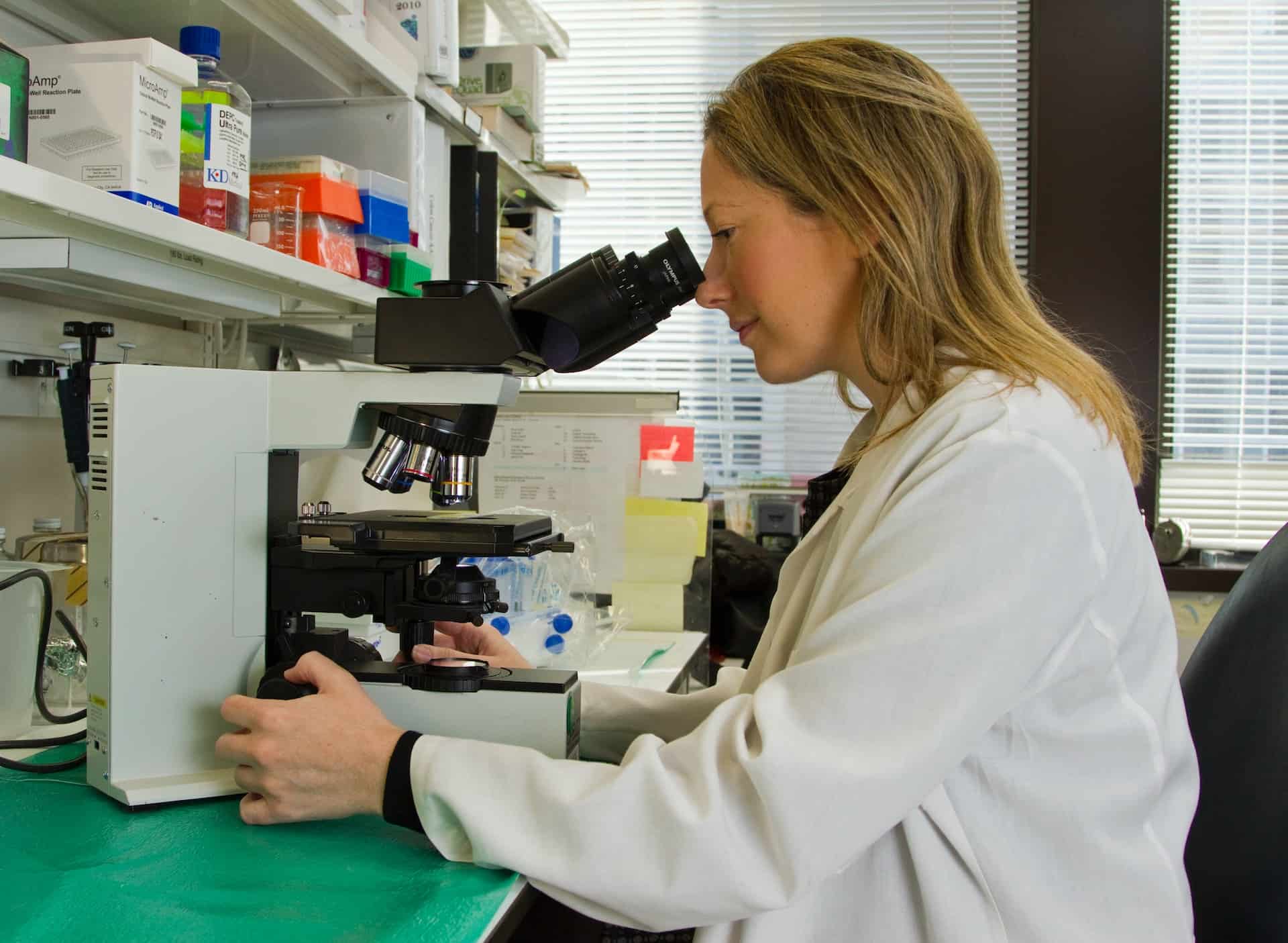Women on the Isle of Wight have been encouraged to remember the significance of their cervical screening appointments.
The NHS cervical screening programme invites women between the ages of 25 and 64 for consistent screenings. The primary objective of this is to reduce the incidence of invasive cervical cancer.
In addition, these screenings can identify potential issues at an early stage, thus decreasing the annual mortality rate from the disease.
Screening numbers revealed
Last year data from NHS Digital showed that in the 25-49 year old age group on the Isle of Wight, 18,496 women were eligible and 13,300 were screened. For the 50-64 age group 15,280 were eligible and 13,396 were screened.
Dr Michele Legg, the Clinical Director for the Isle of Wight within the Hampshire, Southampton, and Isle of Wight Clinical Commissioning Group, commented on these figures.
“Our data indicates a good outreach to a large segment of the Island’s eligible female audience for cervical screening. However, there is a need for more women to step up and schedule their appointments.”
She continued,
“It isn’t a test for detecting cancer. Rather, it’s a measure to help deter it. The procedure typically lasts only a few minutes. Our health professionals on the Island are trained to make patients feel comfortable and guide them through this efficient, uncomplicated, and efficacious process.”
Booking and receiving results
Once eligible, patients generally receive an invitation letter. They can conveniently book their screening either by using their surgery’s online appointment system or by directly calling their respective practices.
Post screening, the results are dispatched directly to the patients, typically within a fortnight of their appointments.
The importance of regular health checks
Dr Roxanne Saunders, a GP from the South Wight Medical Practice with a keen interest in women’s health, emphasised the necessity of regular health examinations, including cervical screenings.
She said,
“In the hustle and bustle of today’s fast-paced world, our own health often takes a backseat.
“While many prioritise the health and well-being of their loved ones, it’s paramount to remember that to care for others, we need to care for ourselves first. Undertaking routine health checks, especially cervical screenings, is not just essential, but it empowers women to be proactive about their health. If you’re unsure about when your next smear is due, get in touch with your GP surgery or the screening service immediately.”
For those seeking further details on cervical screening, comprehensive information is readily available on the NHS website.





